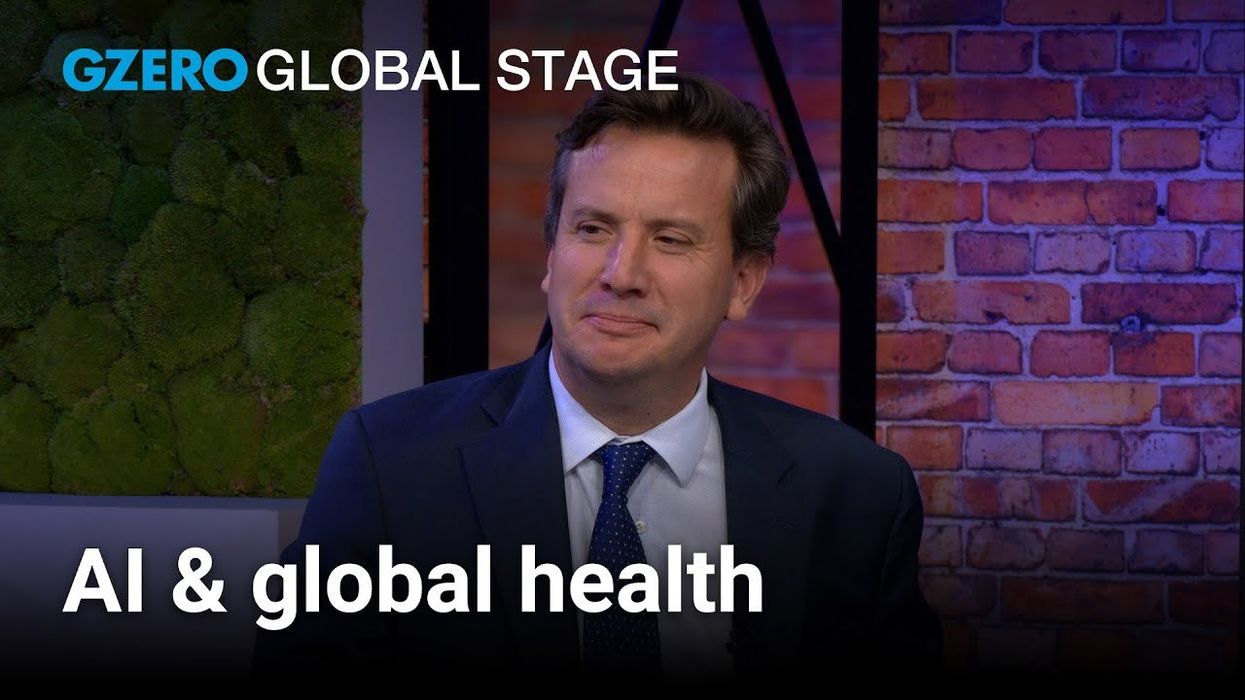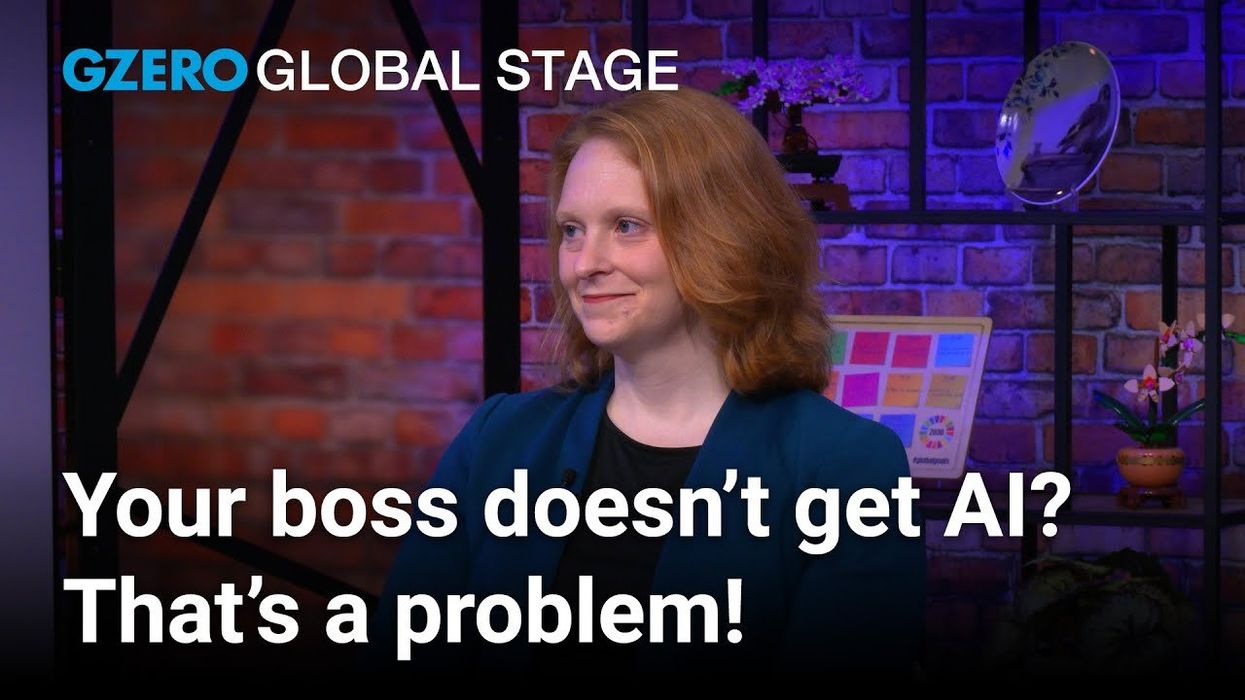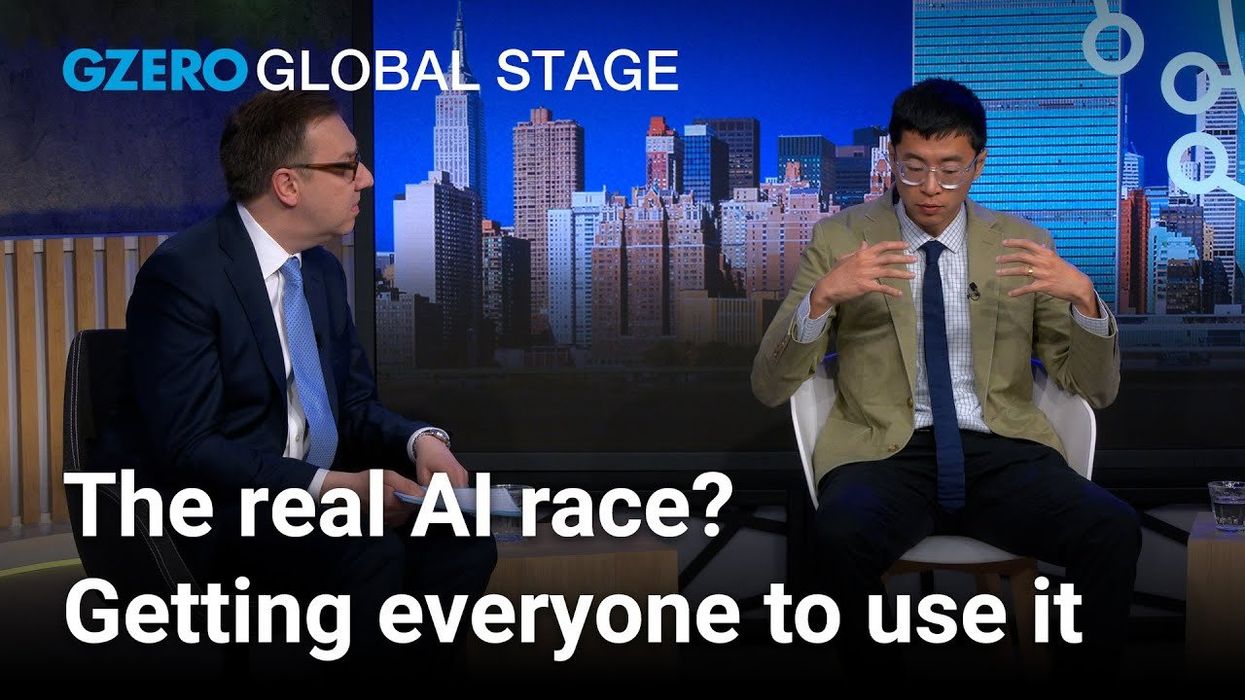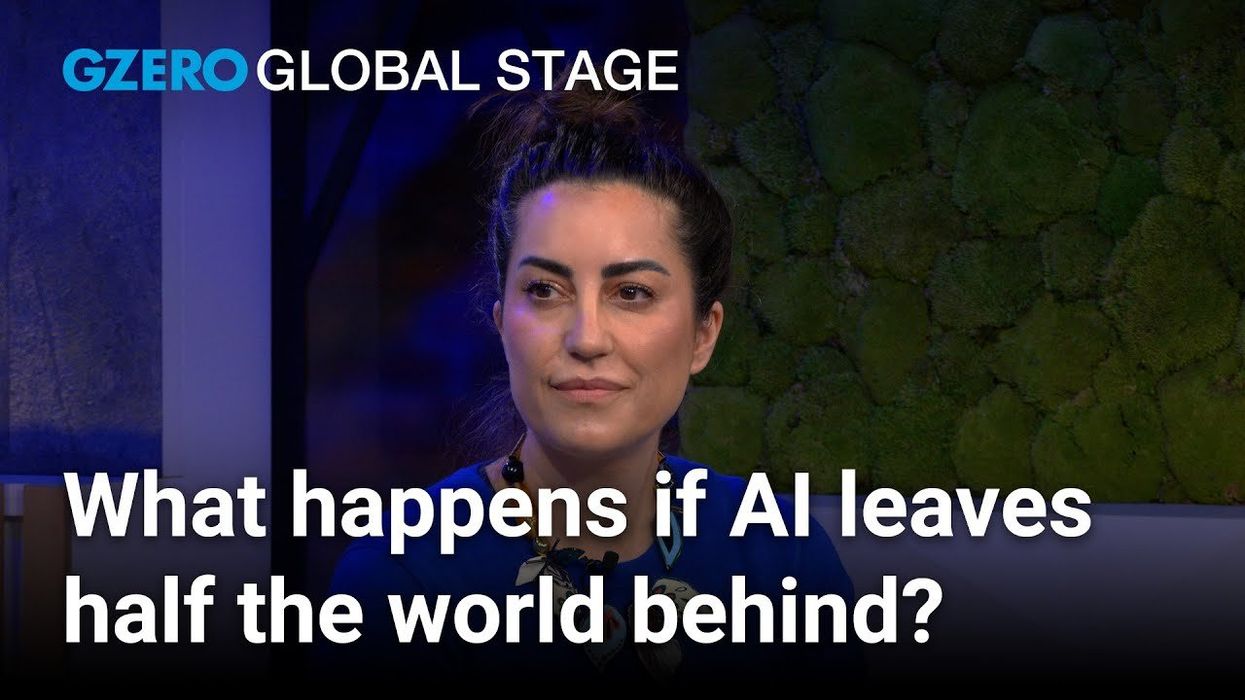UN STI Forum
Using AI to diagnose patients with a smartphone but no healthcare access
Artificial intelligence is often seen as a futuristic tool—but for some global health challenges, it’s already the only solution. Dr. Juan Lavista Ferres, Microsoft's Chief Data Scientist, Corporate Vice President, and Lab Director for the AI for Good Lab, points to a powerful example: diagnosing a leading cause of childhood blindness in newborns.
May 13, 2025




